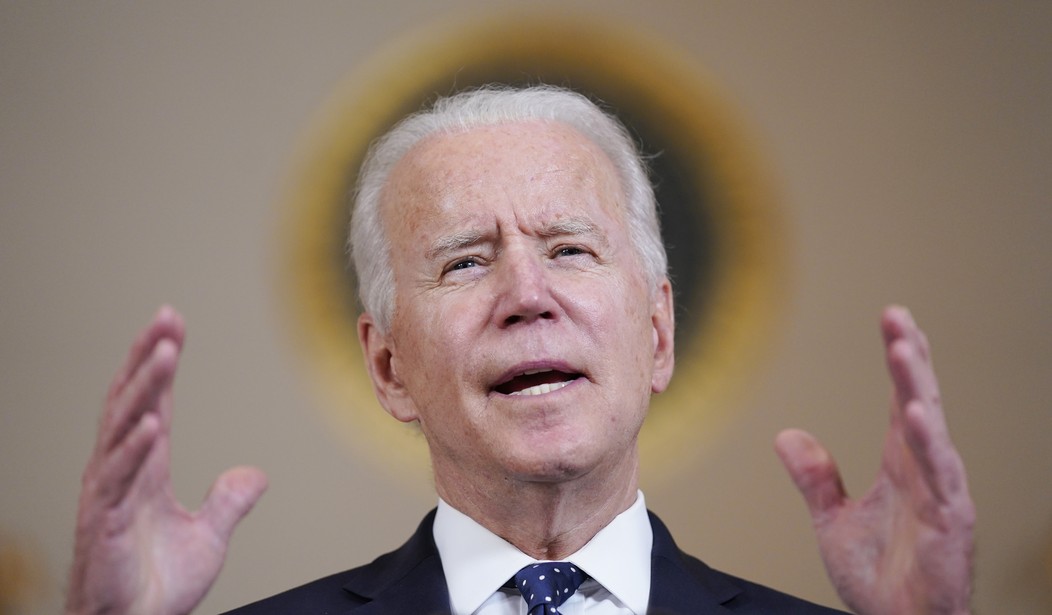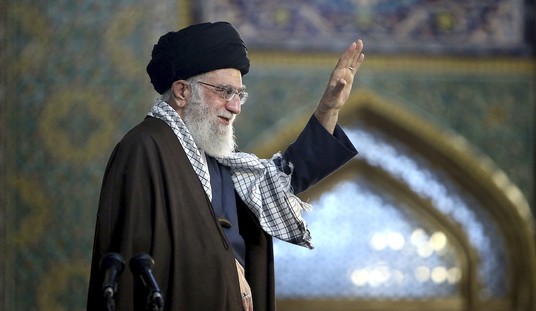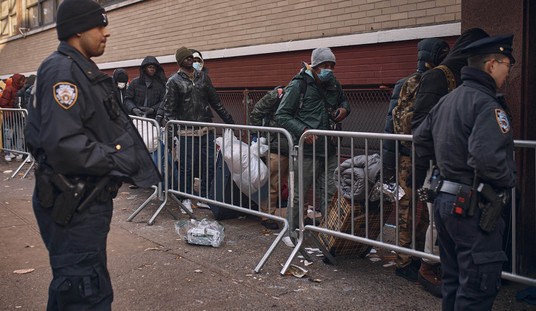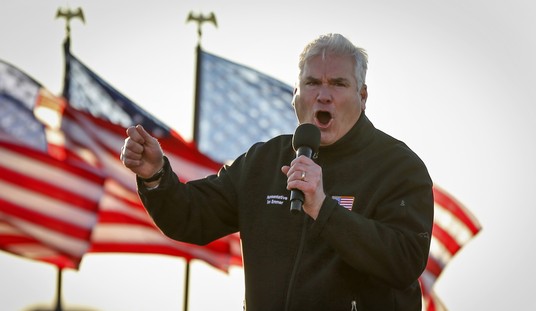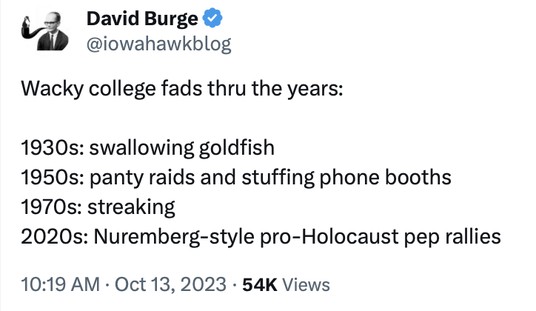“Mr. Biden could still change his mind about it,” writes Lara Jakes in today’s New York Times, but it’s tough to see why he would. American presidents have toyed for decades with the idea of recognizing the genocide of Armenians at the hands of the Turks. There are actually two genocides, but the most significant came in 1915 and implicates some of the founders of modern Turkey in the final years of the Ottoman Empire.
Until recently, the issue has been used for diplomatic pressure, needed to remind Turkey of its commitment to NATO and secularism. The parallel interest in keeping Turkey in that fold has been enough to keep American presidents since Ronald Reagan from humiliating Ankara through a formal recognition of that genocide. Now, with Recep Tayyip Erdogan spinning off into an Islamist and Russia-oriented direction, there’s not much reason to play coy any longer:
More than a century after the Ottoman Empire’s killing of an estimated 1.5 million Armenian civilians, President Biden is preparing to declare that the atrocities were an act of genocide, according to officials familiar with the internal debate. The action would signal that the American commitment to human rights outweighs the risk of further fraying the U.S. alliance with Turkey.
Mr. Biden is expected to announce the symbolic designation on Saturday, the 106th anniversary of the beginning of what historians call a yearslong and systematic death march that the predecessors of modern Turkey started during World War I. He would be the first sitting American president to do so, although Ronald Reagan made a glancing reference to the Armenian genocide in a 1981 written statement about the Holocaust, and both the House and the Senate approved measures in 2019 to make its recognition a formal matter of U.S. foreign policy.
At least 29 other countries have taken similar steps — mostly in Europe and the Americas, but also Russia and Syria, Turkey’s political adversaries.
A U.S. official with knowledge of the administration’s discussions said Mr. Biden had decided to issue the declaration, and others across the government and in foreign embassies said it was widely expected.
The move in Congress two years ago to make this official US policy was intended at the time to get Donald Trump to take a tougher stand with Erdogan. Trump used it as part of a carrot-and-stick approach with Turkey, but Erdogan has stopped being useful to the US, or at least as useful as Turkey has been in the past. Their slide back towards Ottomanism more or less baited the US into this position.
Biden has even more political cover for this change in policy now. One month ago, a bipartisan group of senators led by Robert Menendez (D-NJ) and John Cornyn (R-TX) urged Biden to “recognize this terrible truth” and “break the pattern of complicity”:

Another bipartisan group in the House also demanded that Biden make good on his pledge to recognize the historical reality of the 1915 genocide. However, ABC News reports that Biden might decide to just hint at it:
Lawmakers and Armenian-American activists are lobbying Biden to make the announcement on or before Armenian Genocide Remembrance Day, which will be marked on Saturday.
One possibility is that Biden would include the acknowledgement of genocide in the annual remembrance day proclamation typically issued by presidents. Biden’s predecessors have avoided using “genocide” in the proclamation commemorating the dark moment in history.
A bipartisan group of more than 100 House members on Wednesday signed a letter to Biden calling on him to become the first U.S. president to formally recognize the World War I-era atrocities as genocide. Democratic Rep. Adam Schiff of California spearheaded the letter.
One reason that Biden might hesitate, at least for now, is the fact that he and Barack Obama spent eight years ducking this issue. Making that declaration at the first opportunity might prove embarrassing to his former partner, although others in that administration were less concerned about painting Obama in a poor light on this point:
Samantha Power, who served as Obama’s United Nations ambassador and has been nominated by Biden to serve as administrator of the U.S. Agency for International Development, and deputy national security adviser Ben Rhodes both publicly expressed disappointment that Obama didn’t act on the matter. Obama was concerned about straining the relationship with Turkey, a NATO member whose cooperation was needed on military and diplomatic efforts in Afghanistan, Iran and Syria.
Power said in a 2018 interview with Pod Save the World that the administration was “played a little bit” by Erdogan and others invested in delaying a genocide declaration.
So will he or won’t he? The Associated Press noted that Biden talks a good game against autocrats, but generally shies away in the end from confronting them. He punted entirely with the Saudis over the murder of Jamal Khashoggi, which infuriated his allies after talking tough for months about Trump’s refusal to hold Mohammed bin Sultan accountable. Biden practically jumped at the chance to go to Moscow for a summit with Vladimir Putin too, even though Democrats had shrieked about Russia for the last four years. Biden’s also been mighty quiet about the Uyghur genocide that’s ongoing at the moment in his bid to distance himself from Trump’s contentious policies toward China.
With that in mind, it’s an even-odds bet at the moment that Biden will follow through on this decision. The cost is less than ever in recognizing the genocide, but Biden only likes to talk tough. Perhaps he might decide that this is his moment, but only because there’s not much to lose:
Gonul Tol, director of the Turkish program at the Middle East Institute in Washington, said Erdogan’s leverage has diminished and with Turkey’s economy suffering the Turkish leader’s reaction could be muted.
“Biden has been vocal about human rights abuses in countries across the world, including in Turkey, but it hasn’t gone very far beyond his rhetoric,” Tol said. “This is a chance for him to stand up on human rights with lower stakes.”
Stay tuned, because while the cost is lower, this won’t be entirely cost-free. That air base in Incirlik is awfully convenient for our operations in the Middle East, after all.

